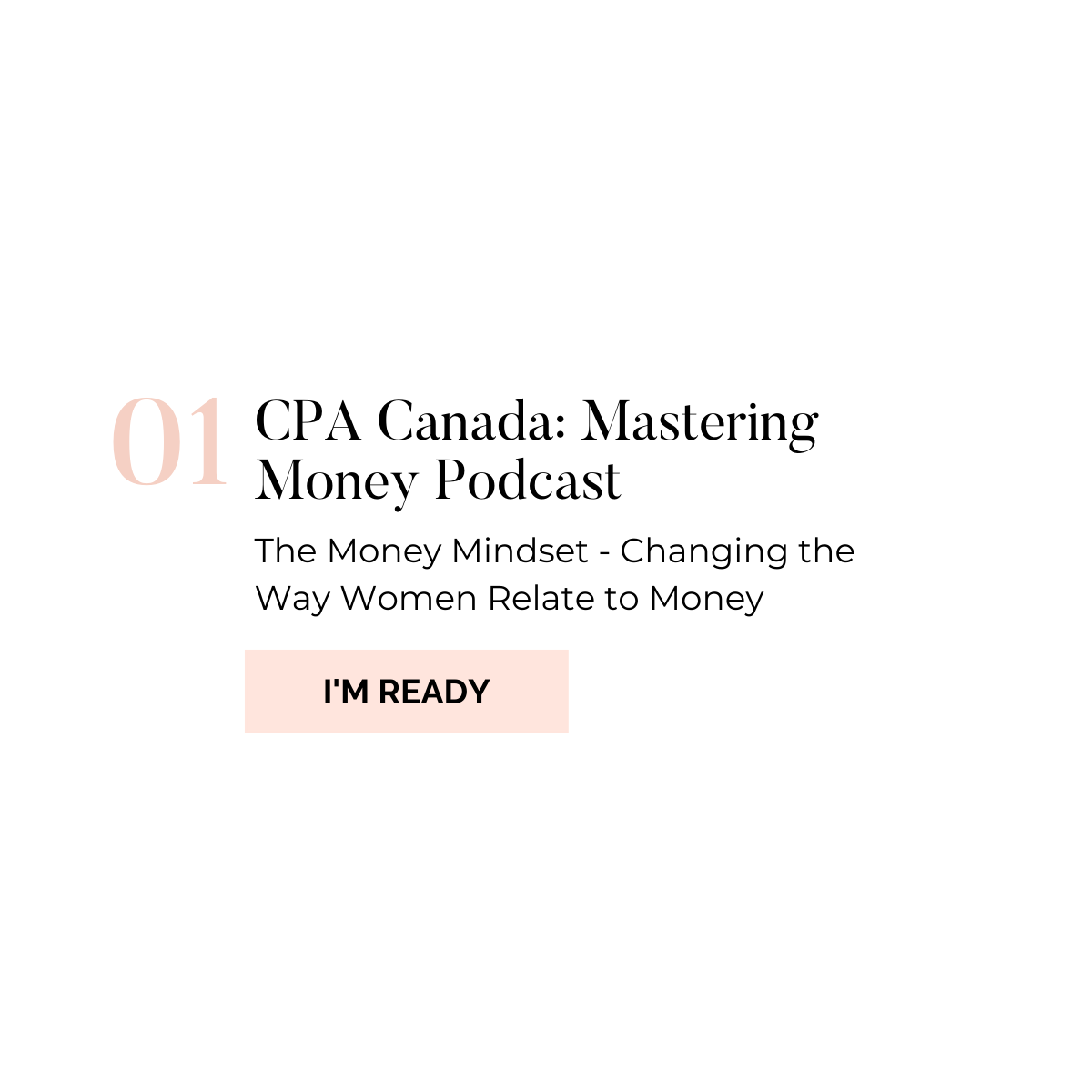Your Childhood Money Stories
Written by Aqleema Anwar
“Just because your parents did it, doesn’t mean you should; especially when it comes to money.”
Picture this. You make the decision to buy a brand new outfit for work and this time, it’s not from a discounted big box retail store. You drive to the boutique that has the beautiful pant suits and the luxe accessories and as you walk through the door, you get a sudden thought that you don’t belong there. After a moment’s hesitation you push that thought back down and walk in anyways. You spend the next hour shopping, trying on clothes and each item fits like a dream; because the sales associate helped you pick them out and she’s got a great eye for these things. After trying everything on, you say thank you and walk out instead of purchasing the outfit, even though you had the money for it. Sitting in your car, you decide it’s more important to save that money for an emergency, just in case. It’s what your parents would have done.
That is what a childhood money block looks like.
As newborns we literally don’t know about money. We don’t know if and how it exists in the world; we have no judgments, attitudes or beliefs about it. Into our childhood we start to gain an understanding of what money means based on what we see. Maybe for you it was that having lots of money was for other families, not yours. Or maybe you associated money with having to work really hard because your dad worked two jobs to just get food on the table. Or you associate money with anger and shame because all your parents ever did was fight when it came to money discussions. If these are the things you see, these are the things you’re going to believe.
Beliefs around money start to become truths as we enter adolescence and eventually move into adulthood. We start to form what we think are our own thoughts, feelings and opinions about money. But those underlying blocks and stories continue to journey with us like a thread woven through generations. Our formed opinions about money become a culmination of our experiences and familial stories we’ve been hearing our whole life. These subconsciously come up in our personal lives and if you’re an entrepreneur, they even spill over into how you run your business.
So, you might be wondering, is there even a way to move past them? Especially if they’re being passed down from generations? The answer is yes and the first step is to forgive your parents for what they did or didn’t teach you about money. They did the best they could with what they knew, now it’s your turn to do better because you know better.
Grab a journal and answer these questions: (and if you don’t know the answer, write that down because that’s just as important too!)
How was your mother with money?
How was your father with money?
What money traits from your parents have you adopted?
What are some of the things you heard or experienced as a child around money?
Reflect on all of your answers above and determine a main theme or story that you would say is your most “common childhood money story”. For example, if your parents never talked about money around you, maybe that’s an indicator of why you don’t like talking about money.
When you find your common childhood money story, reflect to see if it’s in alignment with your true financial identity. If not, create a new money story.
Aqleema Anwar is a content writer and online business manager based in Toronto. She is dedicated to sharing compelling human interest stories and is passionate about supporting female entrepreneurs in their business endeavors and content creation. In her spare time, she enjoys cooking and listening to true crime podcasts. Follow her on Instagram @ask.aqleema
PREVIOUS POST >>
<< NEXT POST

























A pack mentality leads to misinformation.
A discussion on how you can take steps to best invest in yourself.